12 Common Mistakes People Make When Living Alone That Can Put Their Safety at Risk
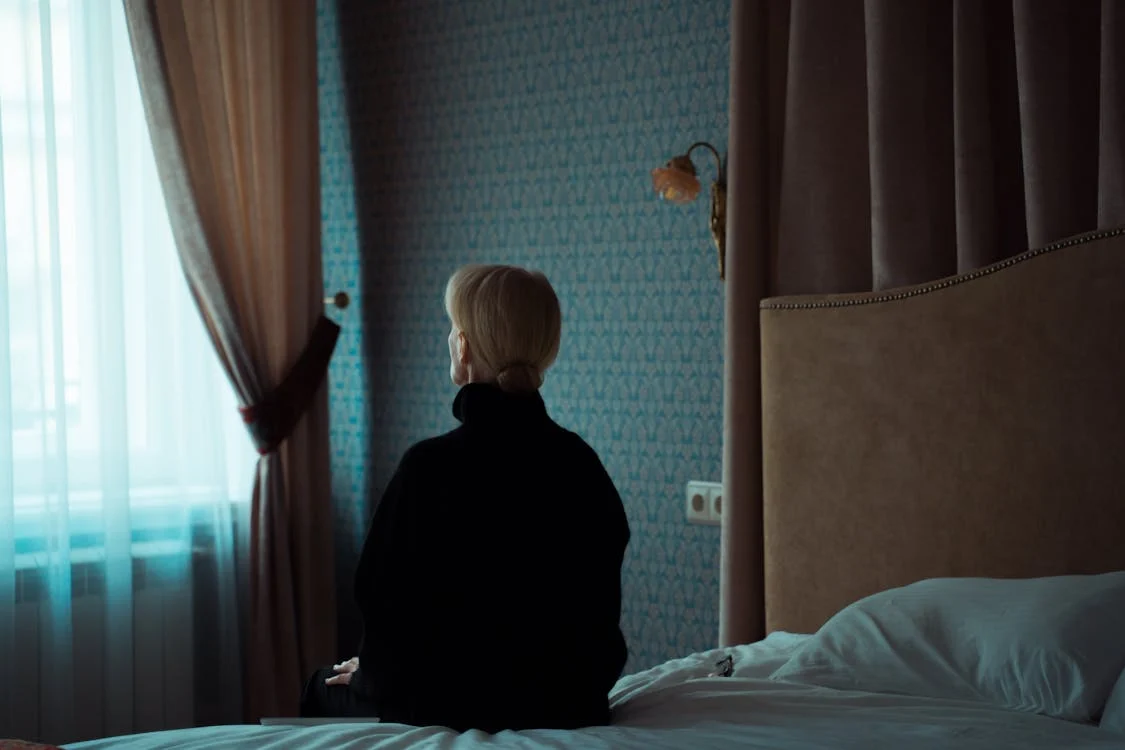
Living alone can be a thrilling experience, filled with newfound freedom and personal space. However, it also comes with its own set of challenges, especially when it comes to safety. When you are living by yourself, it’s easy to overlook potential hazards or become too comfortable with your surroundings. While this may seem harmless, certain habits can put your safety in jeopardy. In this blog, we’ll walk you through 12 common mistakes that people often make when living alone and offer practical tips on how to avoid them. By the end, you’ll have a better understanding of how to stay safe and secure in your home, allowing you to truly enjoy the benefits of living independently.
1. Neglecting Home Security Systems
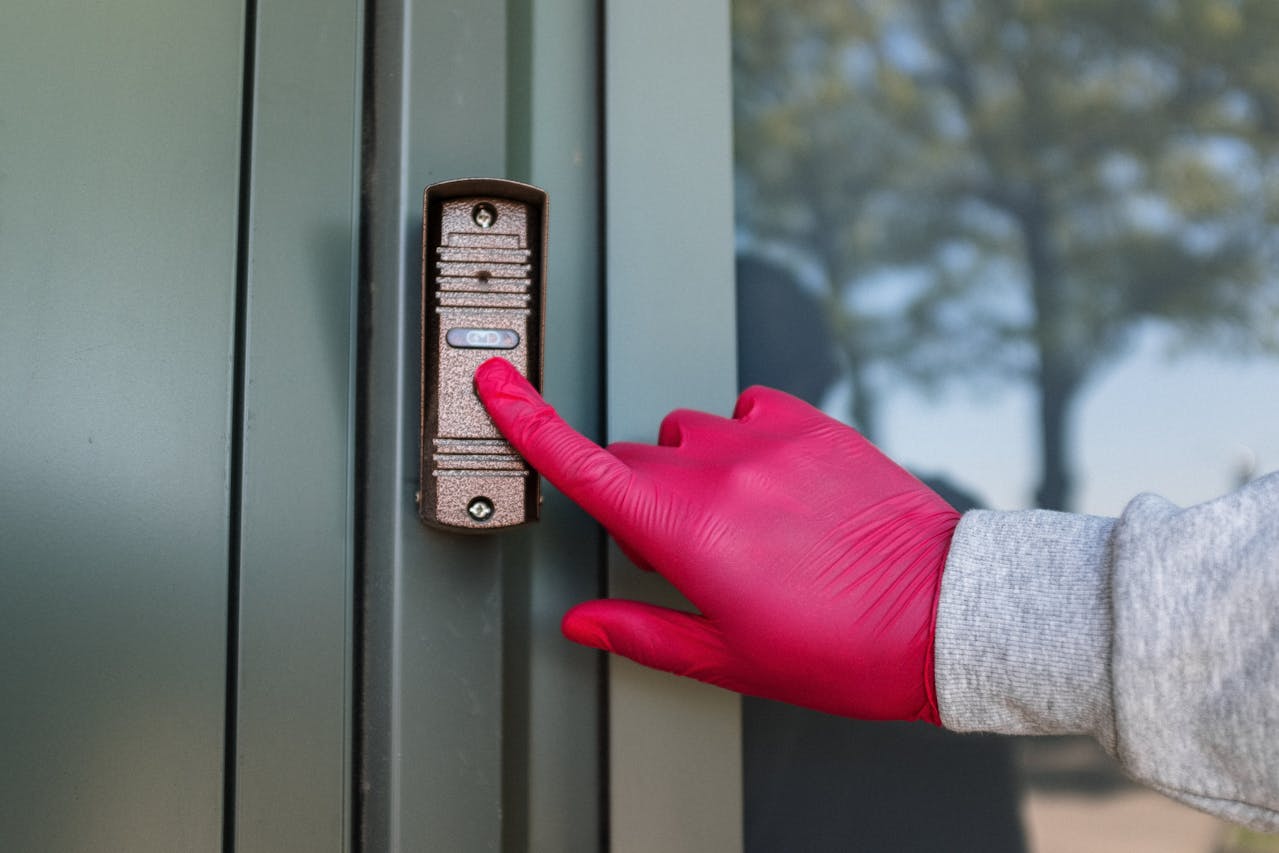
One of the most common safety mistakes when living alone is overlooking home security. Many people think their neighborhood is safe or that there’s no need for extra security measures, but break-ins can happen at any time. Installing a security system or even basic measures like door and window locks can make a big difference in protecting your home. Consider setting up a security alarm, adding surveillance cameras, and using smart home technology that lets you monitor your home remotely. These small investments can help you feel more secure in your space.
2. Failing to Keep Emergency Contacts Accessible
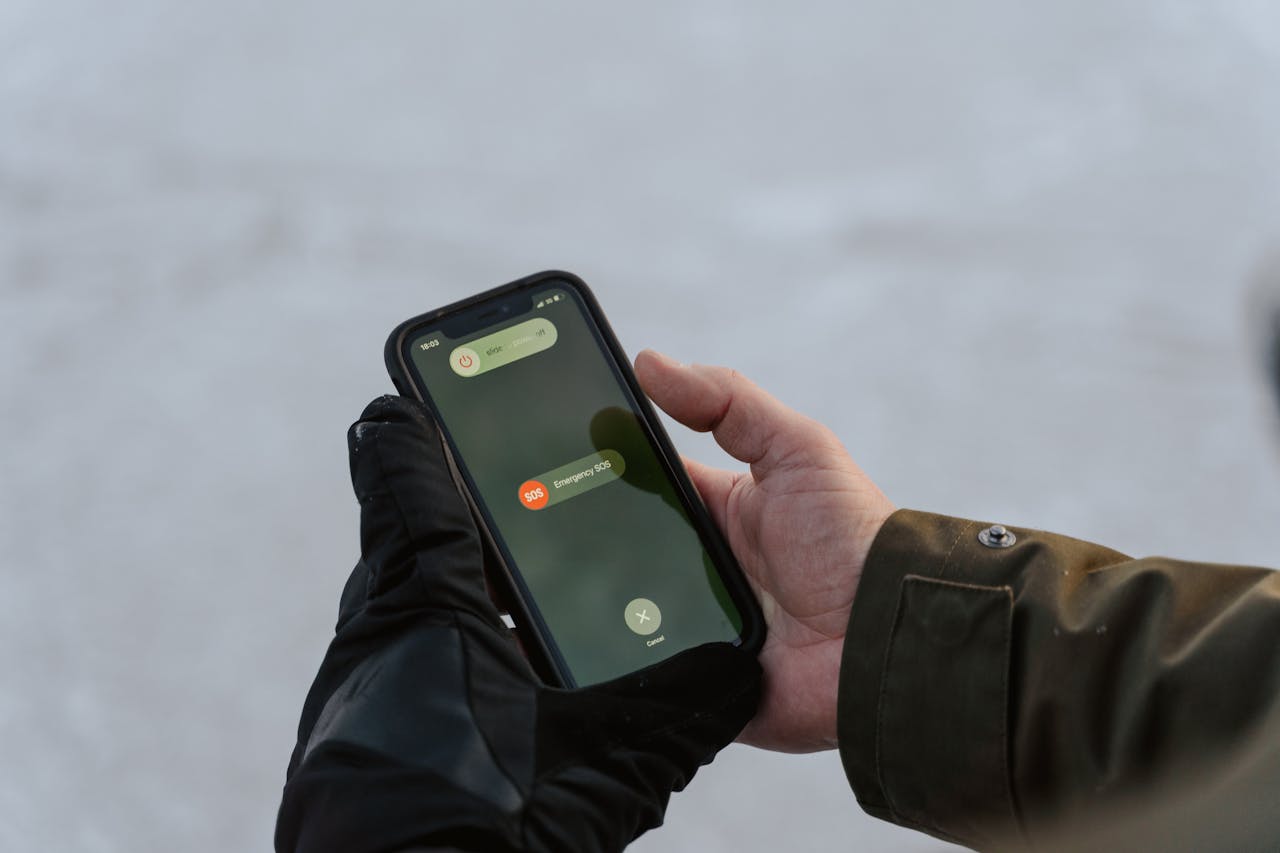
Living alone means you don’t have someone nearby to assist in emergencies, which is why keeping emergency contacts on hand is so important. Whether it’s a trusted friend, family member, or medical professional, having easy access to important phone numbers is essential. If you need immediate help, you want to ensure you can reach the right person quickly. Keep these contacts in your phone, on your fridge, or even in a dedicated notebook, and don’t forget to regularly update the information.
3. Skipping Regular Home Maintenance
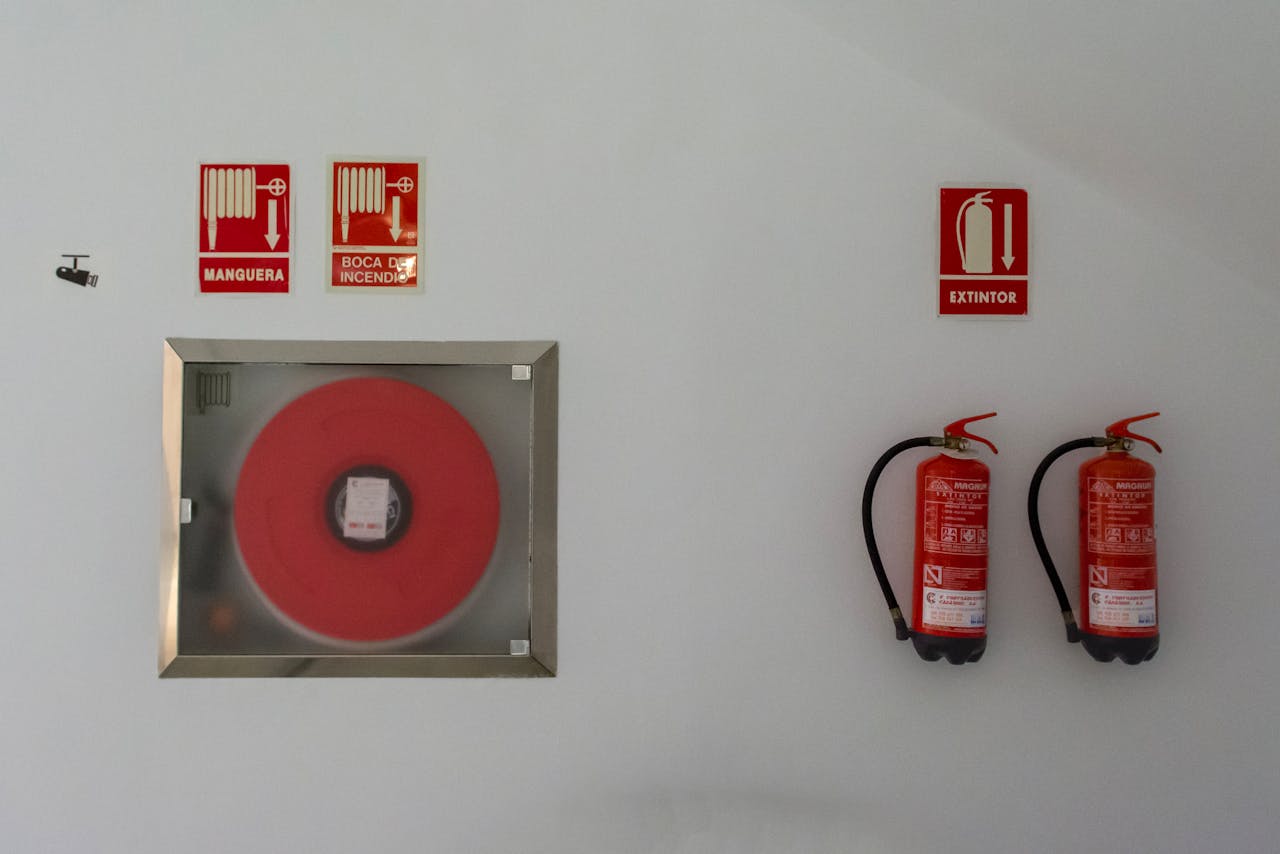
When living solo, it’s easy to let home maintenance slip through the cracks, but neglecting regular upkeep can lead to safety risks. Items like smoke detectors, carbon monoxide detectors, and fire extinguishers need to be checked regularly to ensure they are in working order. If your smoke detectors aren’t functioning correctly or if there’s a problem with your heating system, you may not notice it until it’s too late. Make sure to schedule time to inspect these critical items, replace batteries, and address any home maintenance needs.
4. Not Planning a Safe Meeting Spot
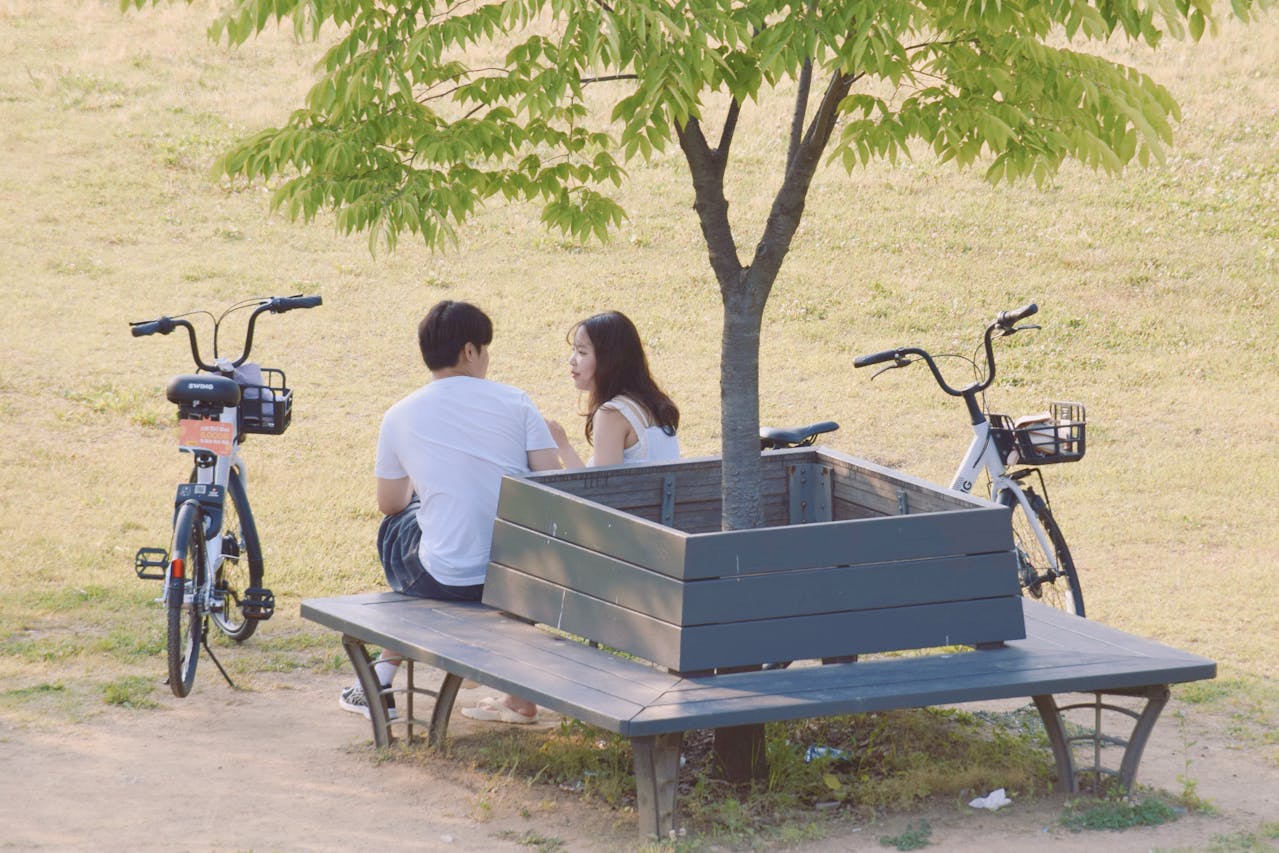
In the event of an emergency, having a designated meeting spot can be a lifesaver. If something goes wrong in your home or you’re unable to get in touch with someone, knowing where to go or who to contact is crucial. Choose a nearby friend’s house, a neighbor’s home, or a public place as your meeting spot. This will provide you with a safe place to go if you ever need to evacuate or if you feel your home is compromised. Don’t forget to communicate this plan with people close to you so that they know what to do in case of an emergency.
5. Leaving Doors and Windows Unlocked
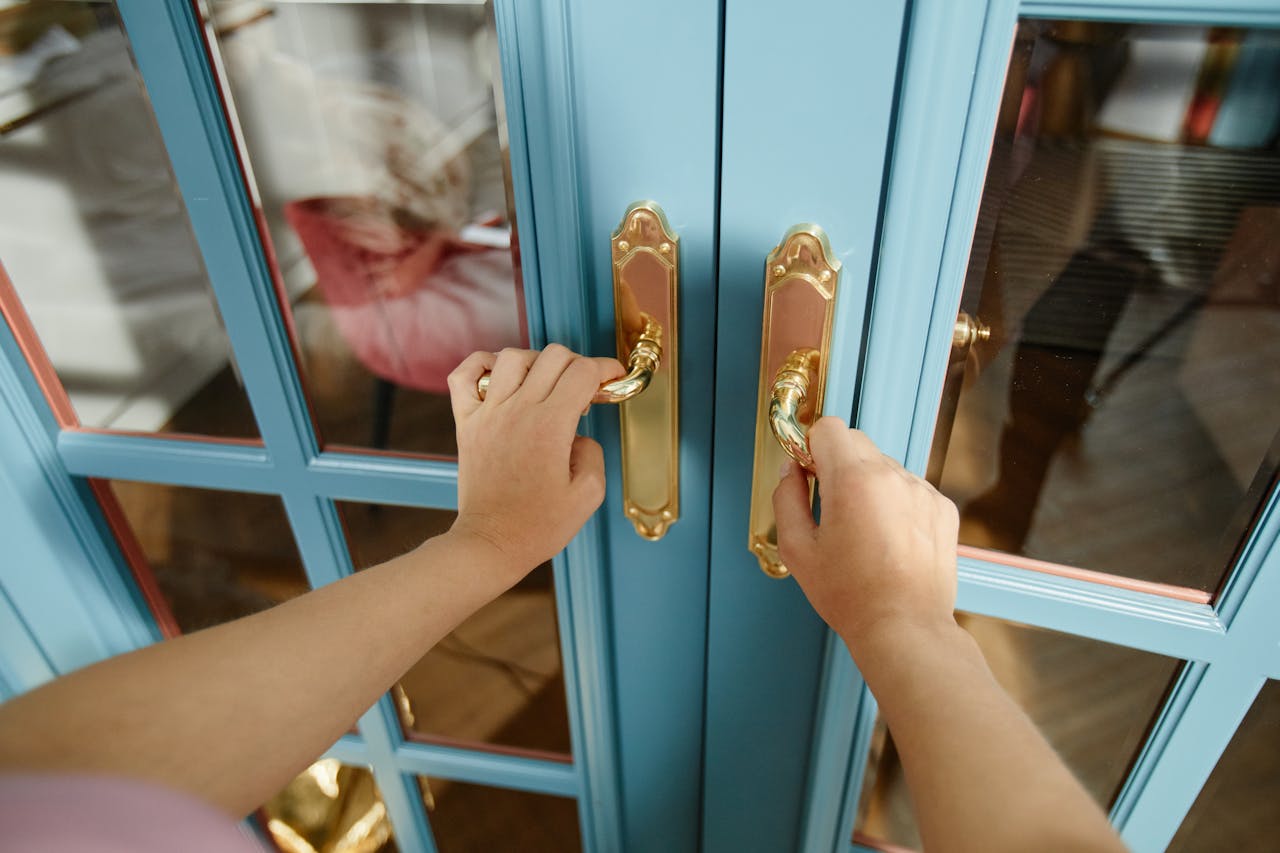
When you live alone, it can be tempting to leave doors or windows unlocked, especially if you’re just stepping out for a few minutes. However, this is one of the biggest mistakes you can make. An unlocked door or window is an open invitation for burglars, and break-ins often occur in places where these basic safety measures are ignored. Always make sure to lock all doors and windows before leaving your home, even if you’re just running errands. This simple habit can protect your home and personal belongings.
6. Ignoring Your Gut Instincts
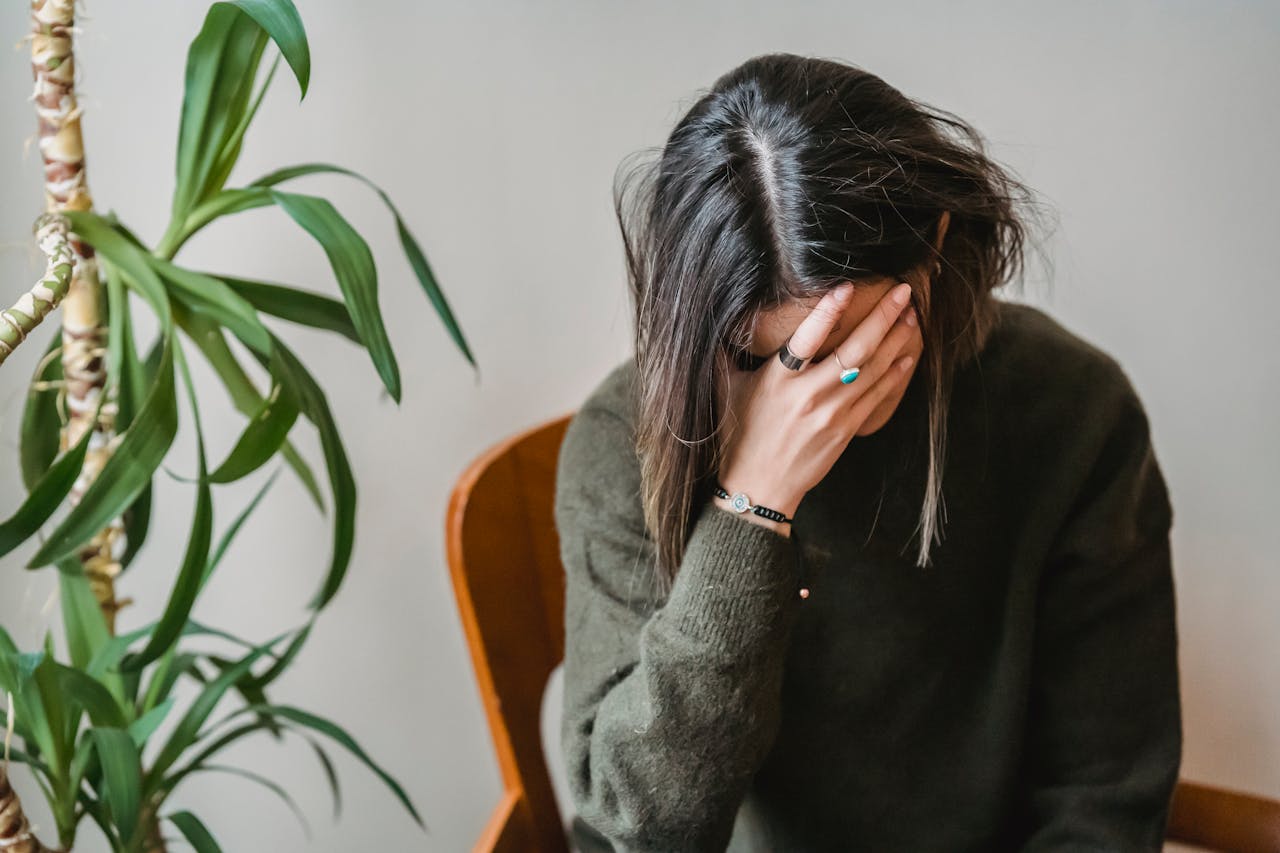
When you live alone, you rely on your intuition more than you may realize. If something doesn’t feel right, whether it’s a person knocking on your door or a situation on the street, trust your gut. Many people ignore their instincts, thinking they’re being overly cautious. However, when it comes to safety, it’s always better to be safe than sorry. If you ever feel uncomfortable or uneasy about a situation, remove yourself from it immediately. Don’t hesitate to reach out for help if necessary.
7. Not Having a First Aid Kit
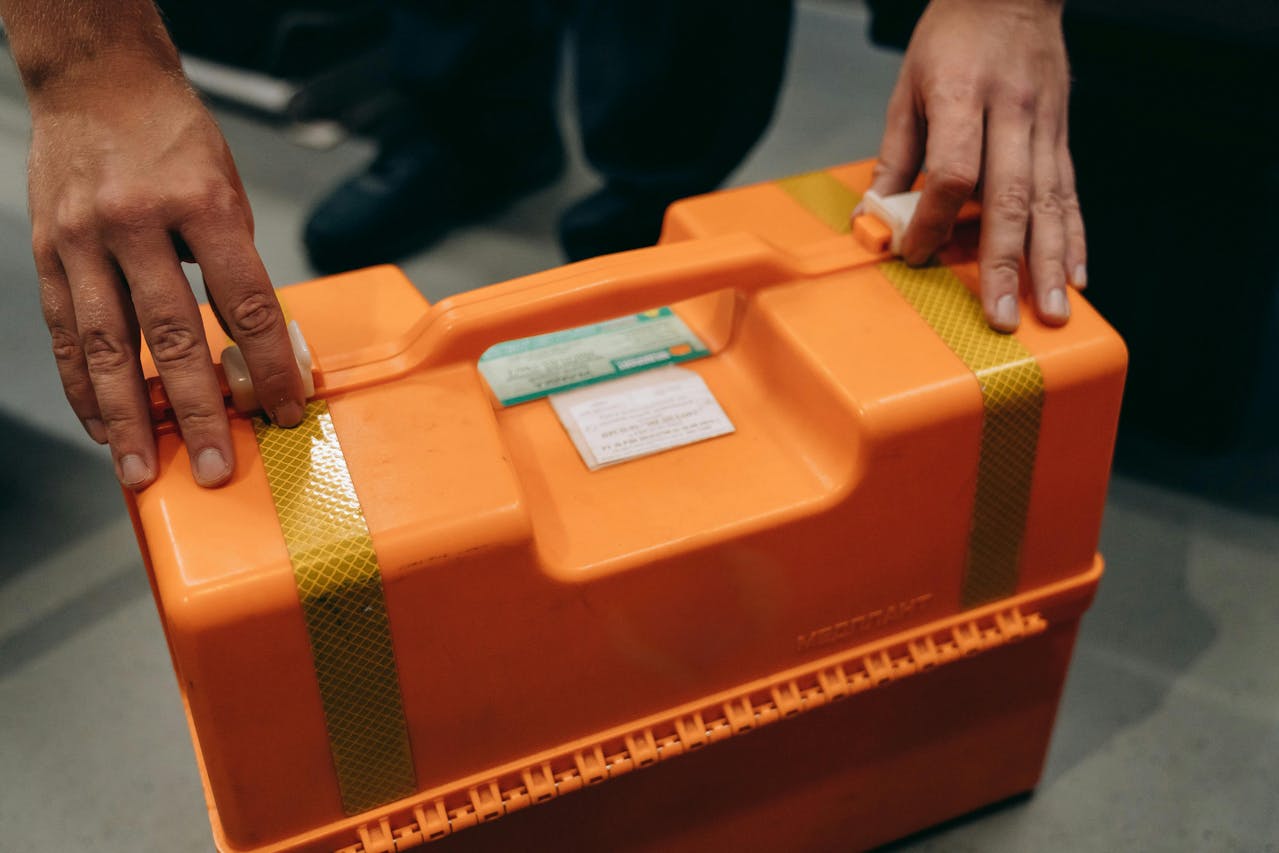
In case of an accident or injury, having a well-stocked first aid kit can be a life-saver. When you live alone, it’s especially important to have immediate access to medical supplies. You might not always have someone nearby to help you, so being prepared with basic items like bandages, antiseptics, gauze, and pain relief is essential. Take a few minutes to create your own first aid kit and keep it in a place that’s easy to reach. It’s a small investment that can go a long way in an emergency.
8. Overloading Electrical Outlets
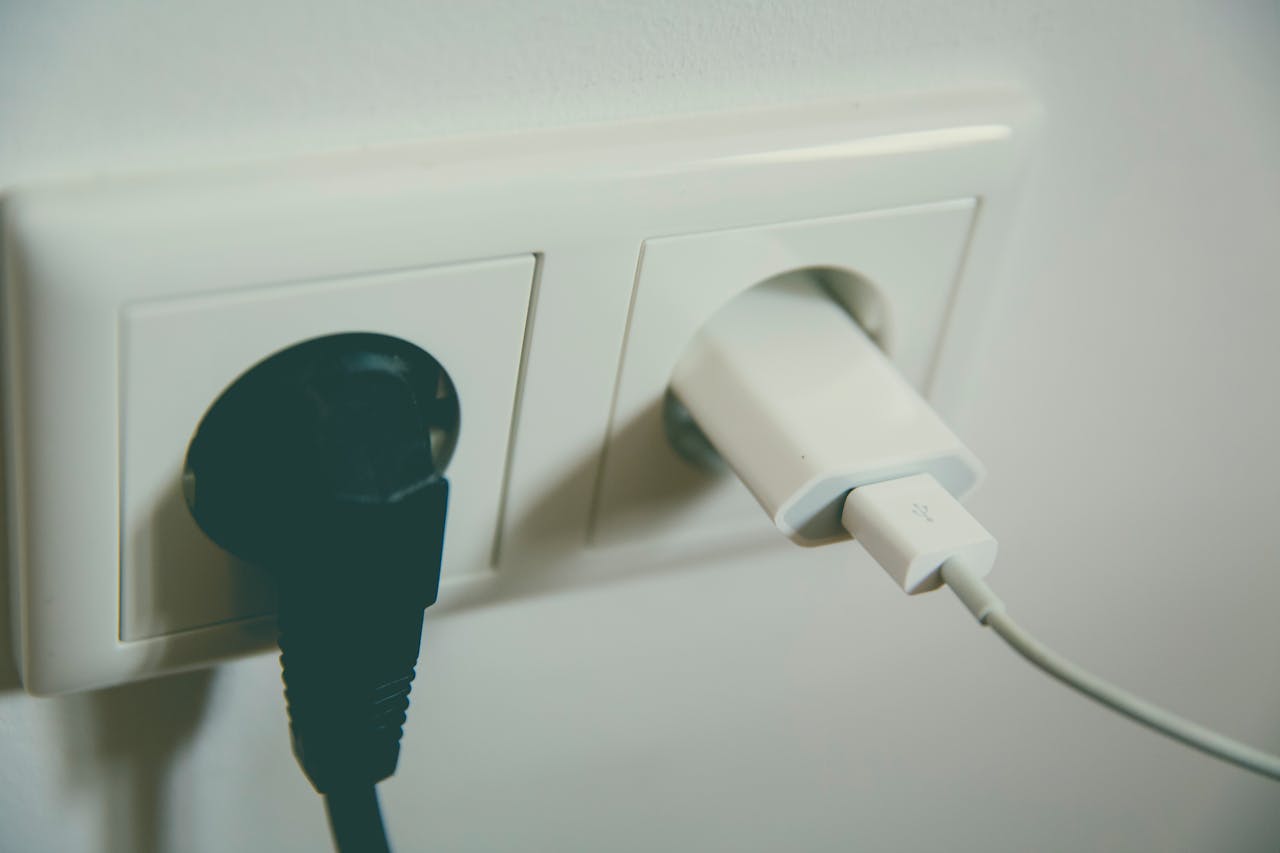
Overloading electrical outlets is a common yet dangerous mistake that many people make, especially when living alone. It may seem harmless to plug multiple devices into a single outlet, but doing so can increase the risk of electrical fires. Be mindful of how many devices you plug in and avoid using faulty extension cords or power strips. If your outlets start to feel warm or you notice flickering lights, it’s time to call an electrician to check for wiring problems. Staying on top of electrical safety can help prevent disasters before they occur.
9. Not Properly Lighting Key Areas
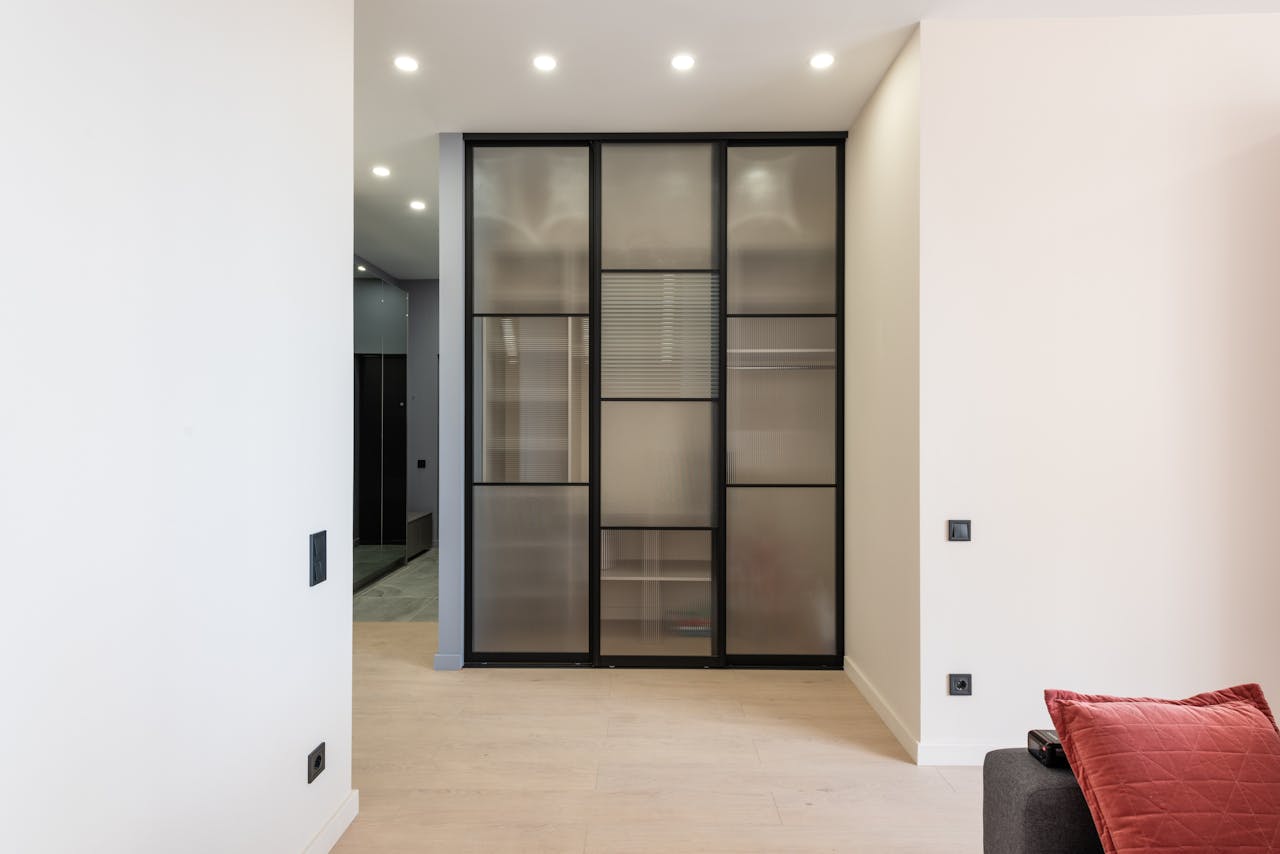
Poor lighting is another mistake that many people overlook when living alone. Areas like stairways, hallways, and entrances need to be well-lit to reduce the risk of falls or accidents. If you frequently get up in the middle of the night, consider installing motion-sensor lights or using night lights to help guide your way. Keeping these areas properly illuminated will reduce the chances of tripping, falling, or hurting yourself in the dark.
10. Failing to Prepare for Natural Disasters
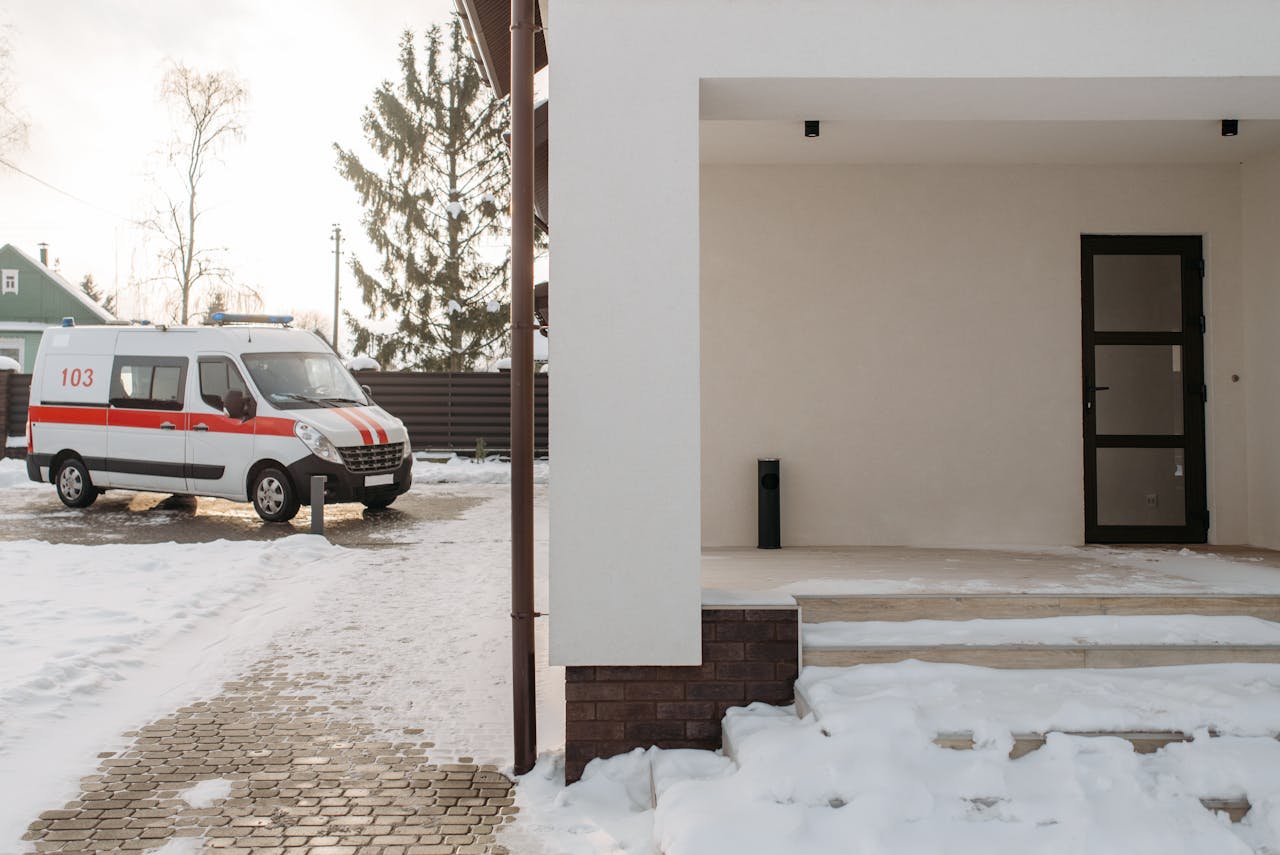
Natural disasters like earthquakes, floods, or storms can strike without warning. While we can’t always predict when they’ll happen, we can prepare for them. Living alone means you won’t have anyone to help you in the event of a disaster, so it’s vital to have emergency supplies like water, non-perishable food, flashlights, batteries, and blankets on hand. Keep these items in an easily accessible location and make sure you know how to safely evacuate your home or where to go for shelter. Preparation is key to staying safe during a natural disaster.
11. Hesitating to Ask for Help

Living alone doesn’t mean you have to do everything yourself. Many people make the mistake of not asking for help when they need it, whether it’s lifting a heavy object or dealing with a health issue. Don’t hesitate to reach out to a neighbor, friend, or family member if you need assistance. There’s no shame in asking for help, and it’s better to be safe than risk injuring yourself or facing an emergency alone. Your support network is there for a reason—use it when necessary.
12. Neglecting Your Mental Health
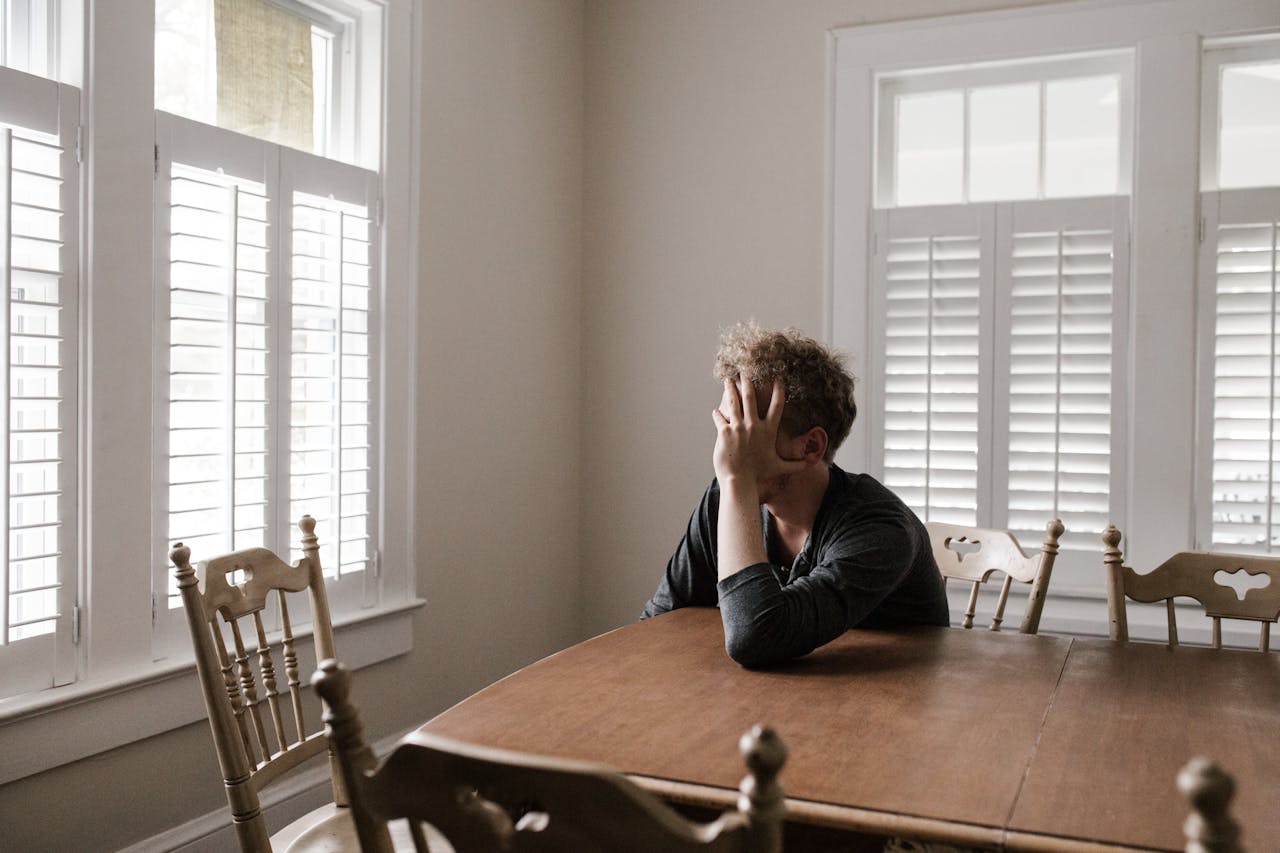
Finally, when living alone, it’s important not to neglect your mental health. Loneliness and isolation can take a toll on your emotional well-being, especially if you’re not taking steps to stay connected with others. Make an effort to stay in touch with family and friends, engage in activities that bring you joy, and seek professional help if you feel overwhelmed. Taking care of your mental health is just as important as taking care of your physical safety, and it can make a huge difference in how you handle life’s challenges.
Final Thoughts
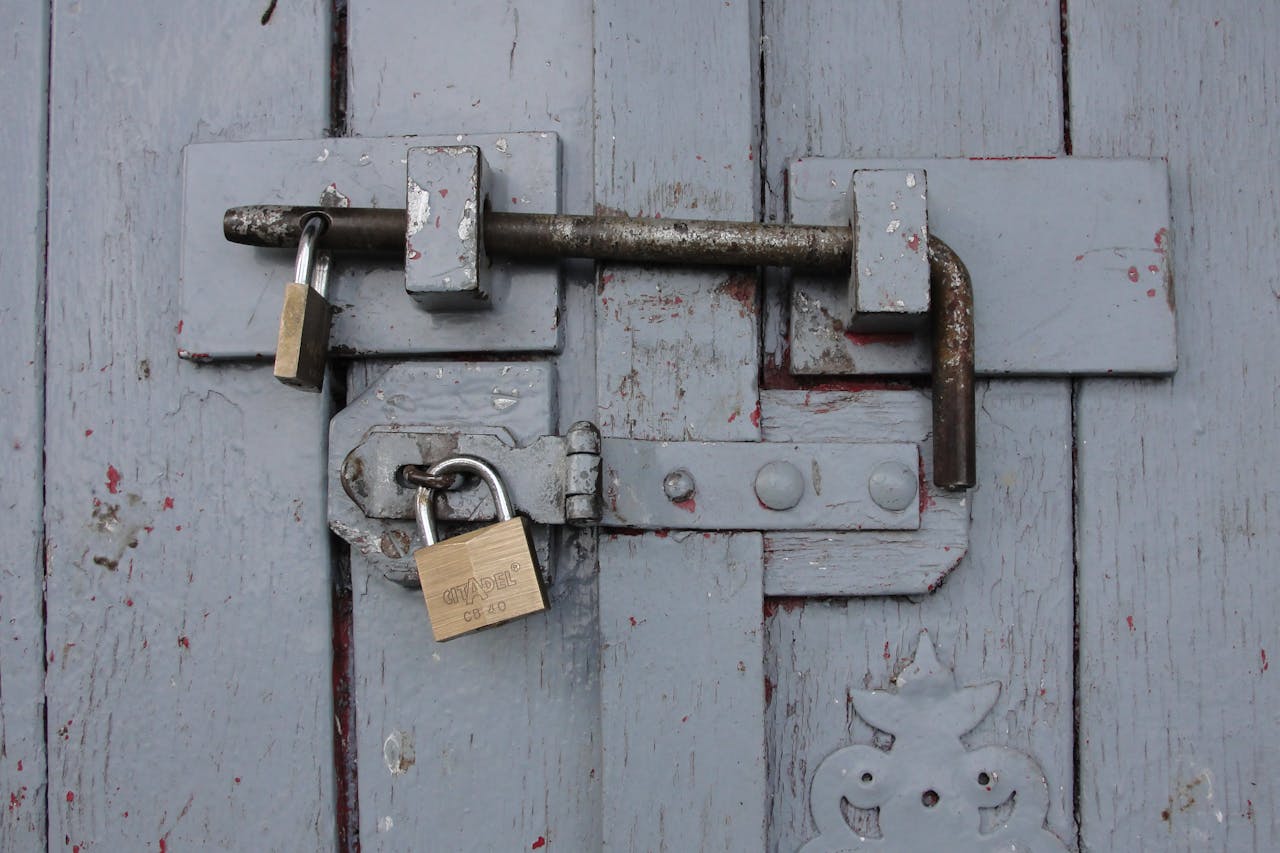
Living alone offers incredible independence, but it also comes with unique safety risks. By avoiding these 12 common mistakes, you can make your living situation safer and more enjoyable. From investing in a security system to being prepared for emergencies, simple steps can make a world of difference. Keep your home secure, trust your instincts, and always be ready to ask for help when needed. With a little attention and preparation, you can ensure that living alone is both fulfilling and safe.
Leave a Reply